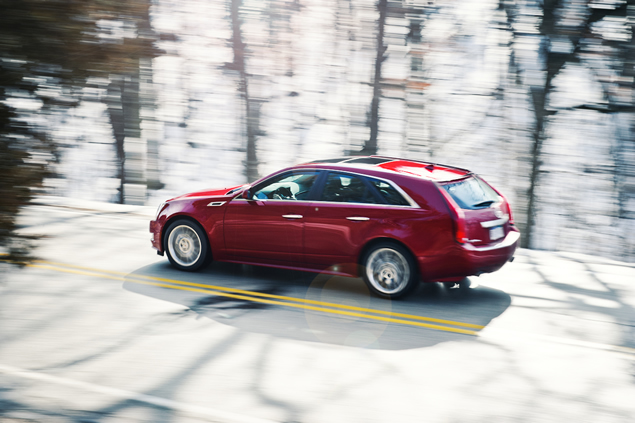Mercedes-Benz is well-known for its diesels. Back in 1936 it introduced the 260D, the world’s first passenger car powered by a diesel engine. However it also boasts an impressive reputation for advance technology. At the New York Auto Show in April 2009 it unveiled its latest hybrid project, the 2010 Mercedes-Benz ML 450 Hybrid. It is the latest expansion in its ML sport utility line, and it makes the ML the first vehicle in the world to offer gasoline, diesel, and hybrid alternatives.
Unlike Japanese manufacturers like Toyota and Honda, Mercedes-Benz uses hybrid technology to improve the mileage of its largest, heaviest vehicles. It recognises the changing environment that comes hand-in-hand with the current fuel crisis, and continues to offer choice to its customers.
The ML 450 is an all-wheel-drive with an electrically assisted V-6 that generates V-8-like power but with a better fuel economy. Combining a 275-hp, 3.5-litre V-6 with two electric motors in the two-mode hybrid transmission – which was co-developed with BMW and General Motors when Mercedes was married to Chrysler – the powertrain delivers a total output of 335 hp and 381 lb-ft of torque. A 288-volt nickel-metal hydride battery under the rear cargo floor provides the current for the motors, with the resulting bump in efficiency bringing fuel economy to 21 mpg city and 24 mpg highway, up from the all-wheel-drive ML 350’s 15/20 rating and the 13/18 figure for the V-8-powered ML 550.
Reviewers of the Mercedes-Benz ML 450 Hybrid say its performance should be exemplary, but with a vehicle packed with so much technology, potential owners will need to find a specialized mechanic and be willing to pay a higher price for using one. If you do choose to buy the model, you will also want to protect your prized possession with quality car insurance that covers this type of car.
Staveley Head Van Insurance and Car Insurance specialists can help you see the UK’s best deals at a glance.
Only time will tell whether Mercedes-Benz buyers value various levels of mileage, whether hybrids prove more attractive than oil burners and, most importantly, at what price points.


